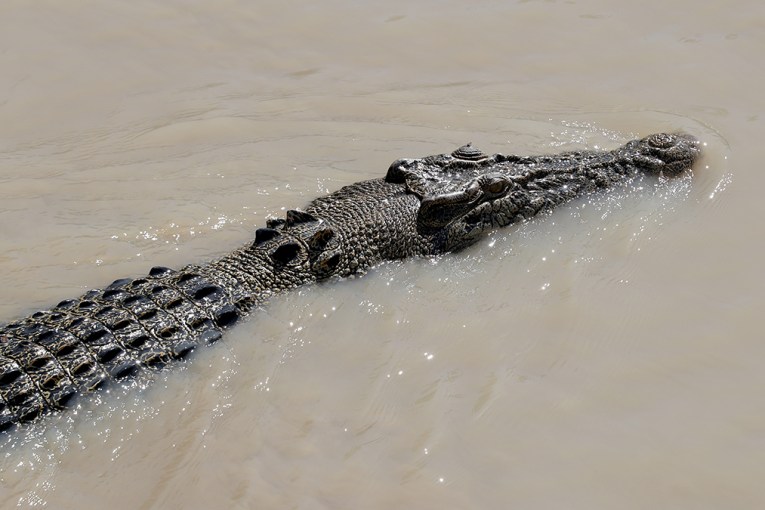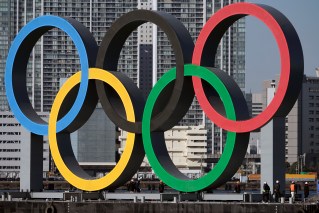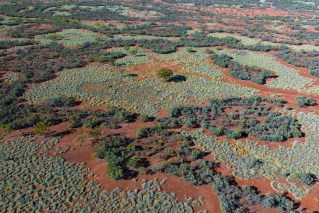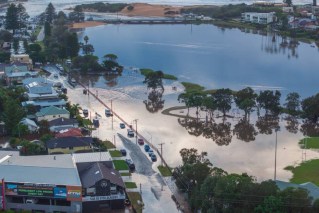Reef in grip of new mass bleaching event
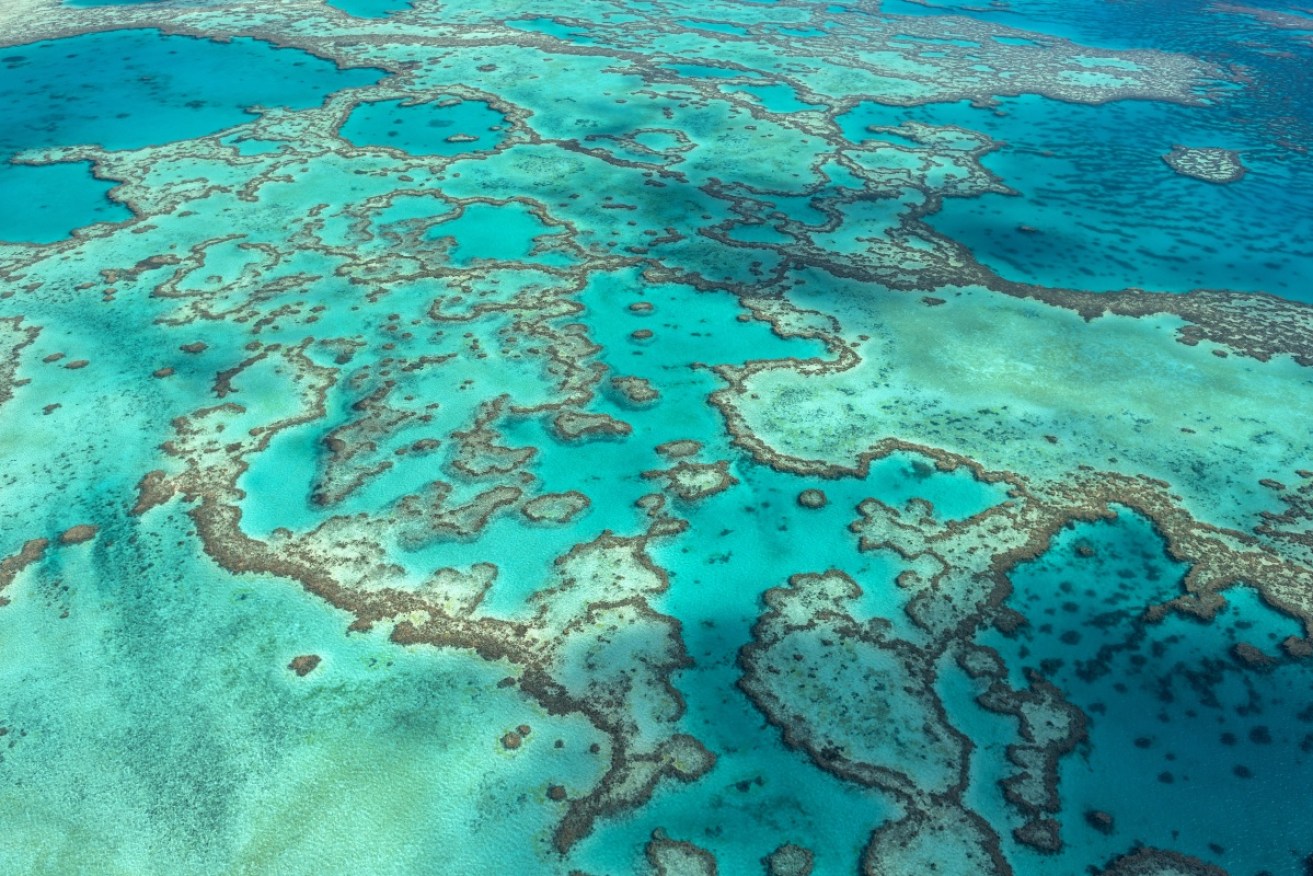
The Great Barrier Reef attracts millions of tourists every year. Photo: AAP/GBRMPA
Scientists are sure the Great Barrier Reef is in the grip of another mass bleaching event driven by climate change.
Flights over the length of the 2300-kilometre World Heritage-listed site have confirmed the worst — that there is bleaching in all parts of the marine park.
A United Nations monitoring mission, which is in Australia to evaluate the federal government’s efforts to protect the reef from climate change and other events, will be briefed on the findings on Friday afternoon.
Dr Neal Cantin from the Australian Institute of Marine Science led the aerial surveillance work, in conjunction with the Great Barrier Reef Marine Park Authority. He’ll be among those to brief the UN mission.
“It’s crystal clear now,” he said on Friday.
“We’ve completed the surveys. There are clear signs of bleaching through all four regions of the marine park and this is the fourth mass bleaching event to occur in the last seven summers.
“It’s the sixth to hit the Great Barrier Reef since 1998.”
The stretch of the reef from the Whitsundays north to Cooktown is the worst hit, with severe bleaching recorded. Some coral mortality has also been reported.
The southern part of the reef, where water temperatures have been cooler, is less affected.
Dr Cantin said the scale of bleaching in a La Niña year, when ocean temperatures are typically lower, was particularly concerning.
“The frequency of concerning heat stress is happening faster than we ever thought it would.
“The fact it’s impacting such a large area of the marine park, during a La Niña year, is a clear sign of climate change-driven ocean warming.
“We expect these trends to continue and only accelerate in the future.”
Dr Cantin says it’s reasonable to expect that in the seven summers ahead, the reef could see another four bleaching events.
Given it takes about 10 years for decent recovery of fast-growing corals, and longer for slow-growing species, the reef will not have enough time to recover between hits.
The UN mission is in Australia to speak with scientists, conservation groups, government authorities and others about the health of the reef.
It will then report back to the World Heritage Committee, which may decide to list the reef as a World Heritage site in danger.
– AAP
